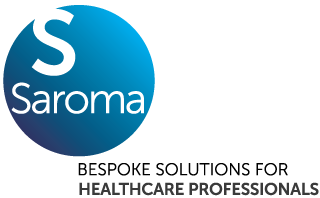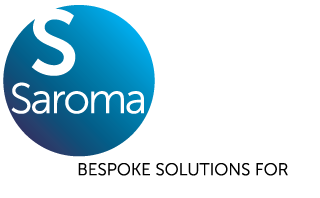
17 Jun 5 Insider Tips to Improve Your Chances of Success
- Keep your existing finances in order
One of the first things banks look at is how you manage your current finances—both personal and business.
Even small issues like unpaid items or referral charges on your personal bank statements can raise red flags. A bank may see this as a sign that you’ll handle business finances the same way.
Ideally, keep your accounts in good order for at least six months before applying for finance.
If needed, consider increasing your personal overdraft to avoid charges. You might also transfer funds from savings into your current account to prevent penalties—these usually cost more than the interest you’d earn.
- Understand real profitability, not just turnover
Many buyers focus on the practice’s fee income or NHS contract size, but what really matters is whether the profit can cover loan repayments and still leave you with enough to live on.
Lenders look beyond basic net profit and instead assess adjusted EBITDA—Earnings Before Interest, Tax, Depreciation and Amortisation. This figure is often reworked to show the practice’s real, recurring profit by removing things like:
- Depreciation and amortisation (non-cash expenses)
- Personal expenses (e.g., travel or car costs)
- Salaries paid to family members
- One-off legal or consultancy fees
This clearer view of the business helps banks decide whether the practice can support repayments, your drawings, and day-to-day running costs.
Also think about whether the seller will stay on as an associate, as you’ll need to pay them, too.
It’s wise to work with a specialist who can review these numbers and help you make an informed, commercial decision.
- Think carefully before buying the freehold
It’s a common myth that buying the practice building (freehold) will make your finance application more attractive to a bank.
While property is a strong form of security, the extra borrowing can push your total debt too high—making lenders uncomfortable.
Ask yourself whether it’s better to invest in the freehold or to use profits from the practice for something like residential property.
If you still want the freehold, consider an agreement with the seller to buy it a few years after the practice. That way, you can prove the practice is running well under your ownership before taking on more debt.
- Get management experience before applying
Being a great clinician doesn’t mean you’re ready to run a business.
One of the top reasons first-time buyers struggle is a lack of management experience.
Going from associate to principal can be a big step. The first couple of years can be tough—so it’s important to show lenders that you’ve prepared.
Try to get involved in managing the practice you currently work in.
There are also good practice management courses available—both will look good on your CV and show banks that you take the business side seriously.
- Build a team of experts to support you
Trying to do everything yourself might seem like a way to save money—but it’s a false economy.
Many of the pitfalls above can be avoided by working with experienced advisers who’ve seen it all before.
Surround yourself with experts for every part of the process. Banks will feel reassured that you have a solid support network—and you’ll be free to focus on what you do best: treating patients.
Assisting with the set up, purchase and expansion of healthcare businesses is what we do.
Contact Saroma, for an initial conversation to explore your options.


